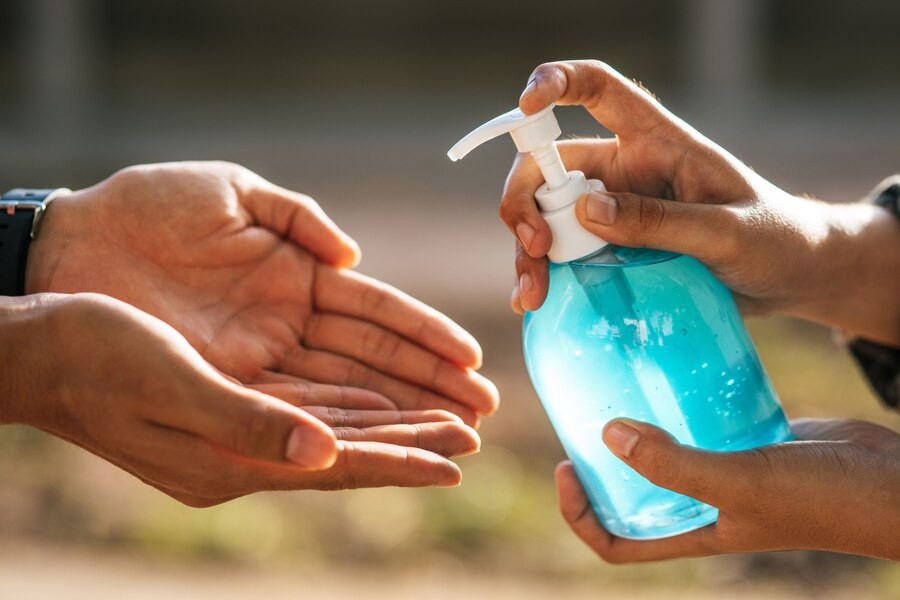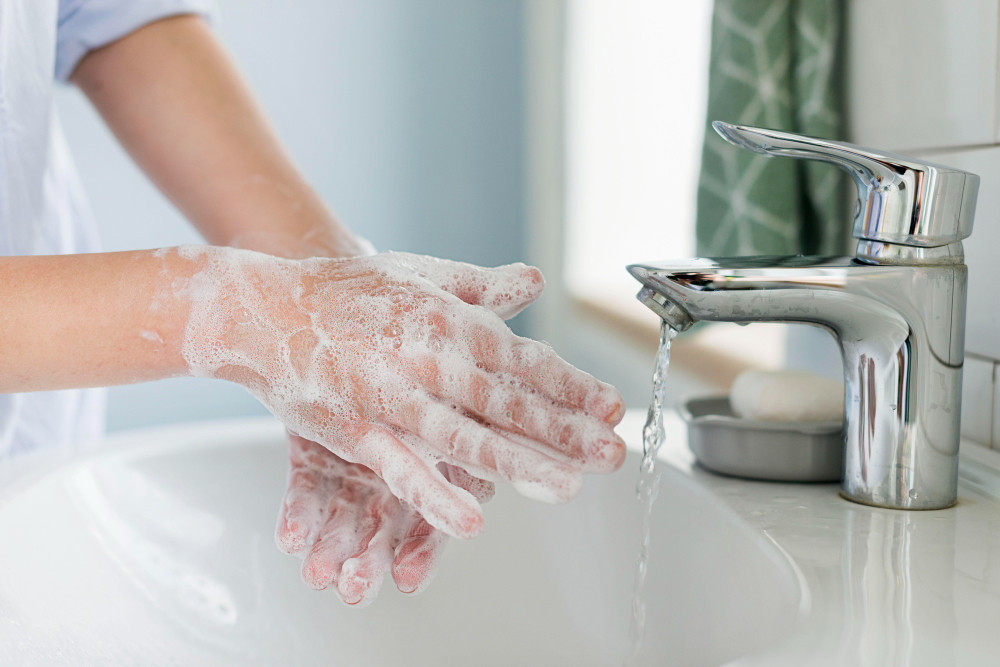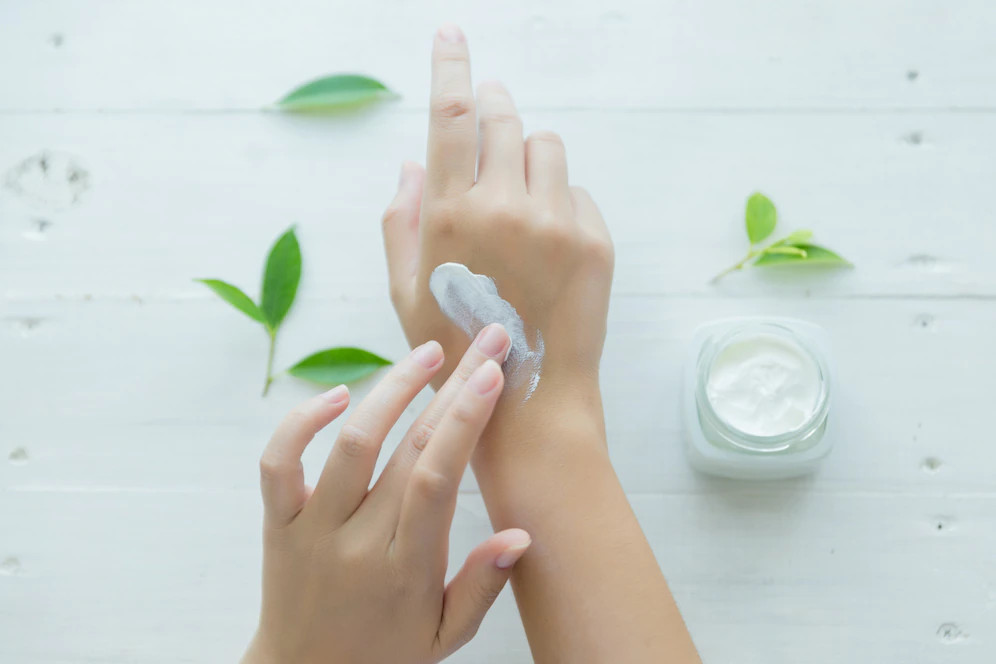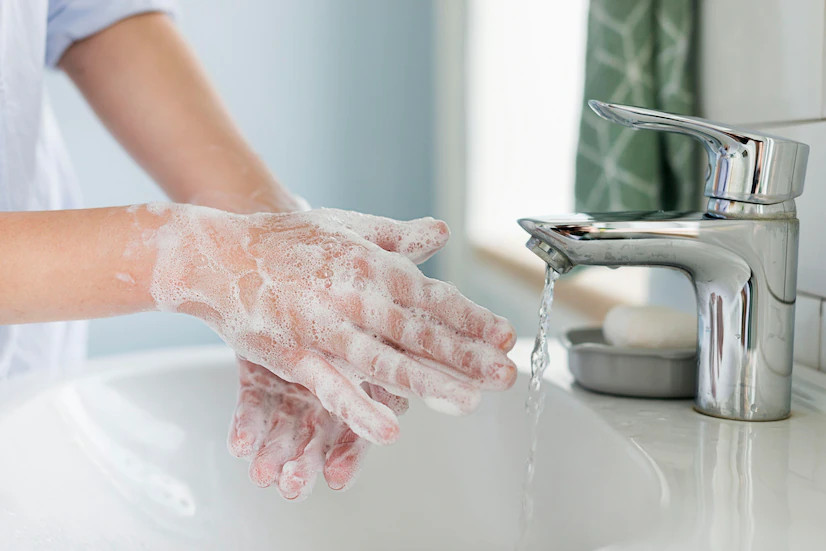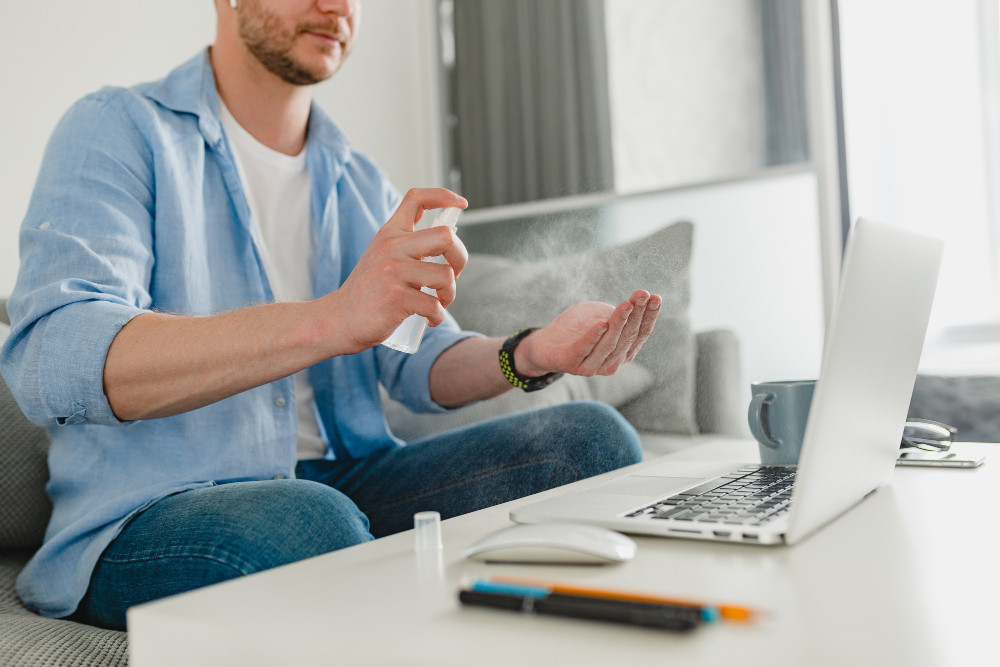Antiseptic soap has gained popularity as a cleaning product that is touted to eliminate bacteria and germs more effectively than standard soap. It is often relied on to maintain hygiene, especially during pandemics, for those who spend time outdoors, or for individuals in close contact with sick people.
Yet, beyond these benefits, using antiseptic soap excessively may bring certain risks.
Hidden Risk in Using Antiseptic Soap
Disturbing the balance of natural bacteria on the skin
A significant risk of overusing antiseptic soap is that it can disrupt the balance of beneficial bacteria on the skin. The skin’s microbiome includes good bacteria that help defend against infections, maintain moisture, and balance pH.
When antiseptic soap is overused, it can disrupt this natural balance and diminish healthy bacteria. This imbalance can leave the skin vulnerable to infections, irritation, and other skin conditions like dermatitis.
The risk of bacterial resistance
Another concern with frequent use of antiseptic soap is the potential for bacterial resistance. Some antiseptic soaps include active agents like triclosan, which have antibacterial properties. However, prolonged use of triclosan can contribute to bacteria becoming more resistant.
Resistant bacteria are tougher to treat and can pose a significant health risk, reducing the effectiveness of antibiotics and antiseptics in infection prevention.
Dryness and skin irritation
Antiseptic soaps typically contain stronger ingredients than regular soaps, such as alcohol and antibacterial agents. These components can strip the skin of natural oils essential for hydration, resulting in dryness, cracking, and irritation.
Those with sensitive skin or eczema may find that antiseptic soap worsens existing skin issues.
Other health concerns
Some chemicals in antiseptic soaps, like triclosan, can lead to health concerns. Triclosan, commonly found in cleaning products, has been linked to hormone imbalances, particularly affecting thyroid hormones.
Research also suggests that triclosan may impair the immune system, potentially reducing the body’s ability to fend off infections.
The FDA has prohibited the use of triclosan in antiseptic soap products in the United States, but it is still permitted in certain countries and may be present in some cleaning products.
While antiseptic soap claims to be more effective at eliminating germs, studies indicate that regular soap and water are equally effective for daily hand hygiene.
Antiseptic soap may be necessary in specific environments, such as hospitals or high-risk areas. However, for regular hygiene at home, standard soap and water are sufficient.
Have further questions about antiseptic soap or skin health? You can use the Ai Care health consultation feature available on the App Store or Play Store.
Looking for more health tips, first-aid advice, or home remedies? Click here!
- dr Nadia Opmalina
Kristina Herndon, RN (2023). The Hidden Risks of Antibacterial Soap. Available from: https://www.verywellhealth.com/the-problem-with-antibacterial-soap-4125914
US FDA (2024). Skip the Antibacterial Soap; Use Plain Soap and Water. Available from: https://www.fda.gov/consumers/consumer-updates/skip-antibacterial-soap-use-plain-soap-and-water
Nicklya Harris-Ray (2022). What's the Difference Between Antibacterial Soap and Plain Soap?. Available from: https://www.webmd.com/a-to-z-guides/difference-between-antibacterial-soap-plain-soap
Cleveland Clinic (2022). Triclosan. Available from: https://my.clevelandclinic.org/health/articles/24280-triclosan
Cleveland Clinic (2021). Trying To Avoid Germs? Regular Soap and Water Will Get the Job Done. Available from: https://health.clevelandclinic.org/avoid-germs-dont-bother-anti-bacterial-soaps-video
Keri Wiginton (2023). What Is the Skin Microbiome?. Available from: https://www.webmd.com/skin-problems-and-treatments/skin-microbiome
Radhika A. Shah, et all (2021). Antibiotic resistance in dermatology: The scope of the problem and strategies to address it. Available from: https://pubmed.ncbi.nlm.nih.gov/34555484/


